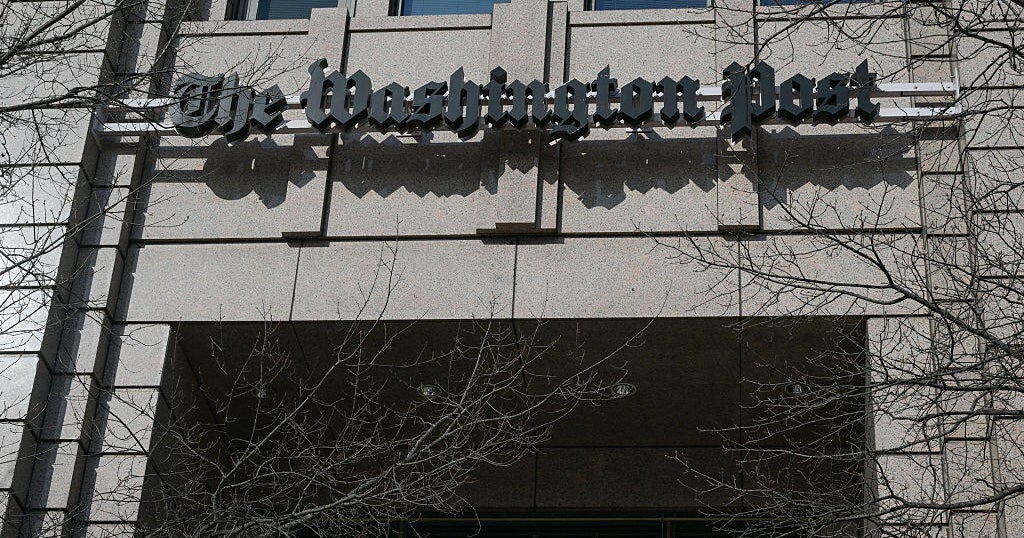Workers who remain after job cuts feel "layoff survivor guilt"
Mass layoffs like those roiling the tech industry affect more than the people who lose their jobs.
Laid-off workers face practical challenges, such as staying financially afloat and securing new employment, as well as the psychological blow of feeling rejected. Yet those who remain after their coworkers are dismissed can also struggle from what workplace psychologists call "survivor layoff guilt."
Susan Tyson, a marketing professional at a Texas-based software company, experienced this firsthand when her employer cut 25 of her roughly 7,000 colleagues last month. Initially, she felt understandably relieved at having kept her job. Then the regret started to sink in.
"My first thought was, 'Yippee, it's not me!' And my second thought was feeling very guilty that others lost their jobs and I didn't," Tyson told CBS MoneyWatch. "Many of the people that I worked with were let go, and you just feel bad whenever that happens."
Generally, survivor guilt sets in when some people, often arbitrarily, survive a traumatic event like combat, a natural disaster or job layoffs, while others are not as lucky.
It now applies to some workers at tech firms including Google, IBM, Lyft, Meta, Twitter and more as they slash head counts in a slowing economy. In January alone, tech companies cut nearly 60,000 jobs, reversing a pandemic-driven hiring spree.
In the workplace it can trigger anger, fear and anxiety among surviving employees, according to David Noer, a career consultant and author of "Healing The Wounds: Overcoming the Trauma of Layoffs and Revitalizing Downsized Organizations."
In his experience, "People who survive layoffs tend to be less productive, more suspicious, more fearful and get less work done than was anticipated."
"I feel like I am on a short list"
Some workers, like Tyson, wonder why they were spared and fear they could lose their jobs in future layoffs.
"I will be honest, I feel like I am on a short list and there are more cuts coming," she said. "I don't know what the logic of the layoffs was. I don't understand it."
Indeed, when employers aren't transparent about why some workers were laid off and others weren't, it can trigger deep feelings of insecurity.
"Employees who stay at a company after layoffs often feel anxiety around the future of the company," said Kathryn Minshew, founder and CEO of The Muse, a career development platform. "It can be hard because most employers can't or won't comment on why certain people were chosen for layoffs and others weren't."
"It may be related to budgets and company priorities, or performance. Or it could be somewhat random, and that ambiguity and lack of concrete information can be scary to people," she added.
And in the era of remote work, employees sometimes don't even know which of their colleagues were cut.
- Ex-Google employees bemoan the way they were notified of layoff
- Here are the latest tech layoffs as the industry shudders
"Sometimes you don't even know who was let go until you send them an email and get an autoresponder back," career transition coach Catherine Morgan told CBS MoneyWatch.
Psychological "tsunami effects"
Wrestling with these complex emotions can erode layoff survivors' trust in a company and, in turn, affect their productivity and performance on the job.
"It creates a lot of paranoia and because of that, you get a lot of distrust within an organization with these large-scale layoffs," said workplace mental health expert Sally Spencer-Thomas. "Workers will question if the organization has their well-being at heart or if they are only looking at profit-making. So there are a lot of psychological tsunami effects that happen after a mass layoff."
Companies that actively prepare their workforce for layoffs generally have better outcomes. Steps that can reassure staffers include communicating the reason for the layoffs and providing information about the company's future. Leaders who "deal in feelings and emotions" and host "grieving and venting sessions" can keep workers' confidence in a company intact, according to Noer.
"That's what gets divested in a transition like that. So taking action, steps to rebuild that trust, is essential," Spencer-Thomas said.
For layoff survivors, reaching out to former colleagues can also sometimes make both parties feel better.
"It's important to keep in touch with people who have left. They need support as much as the people left behind. It feels good to know colleagues cared about you and want to stay friends, because that feeling of being booted out is so painful," she added.
It can help mitigate feelings of guilt for having been spared one's job, too, Minshew said.
"One of the most powerful things someone can do to cope with layoff survivor guilt is to actively reach out to and connect with and help those people at your company who were affected," she said. "You can be a powerful asset to their job search by introducing them to other contacts and companies, offering to serve as a positive reference or be helpful in reviewing their resume or LinkedIn profile."



